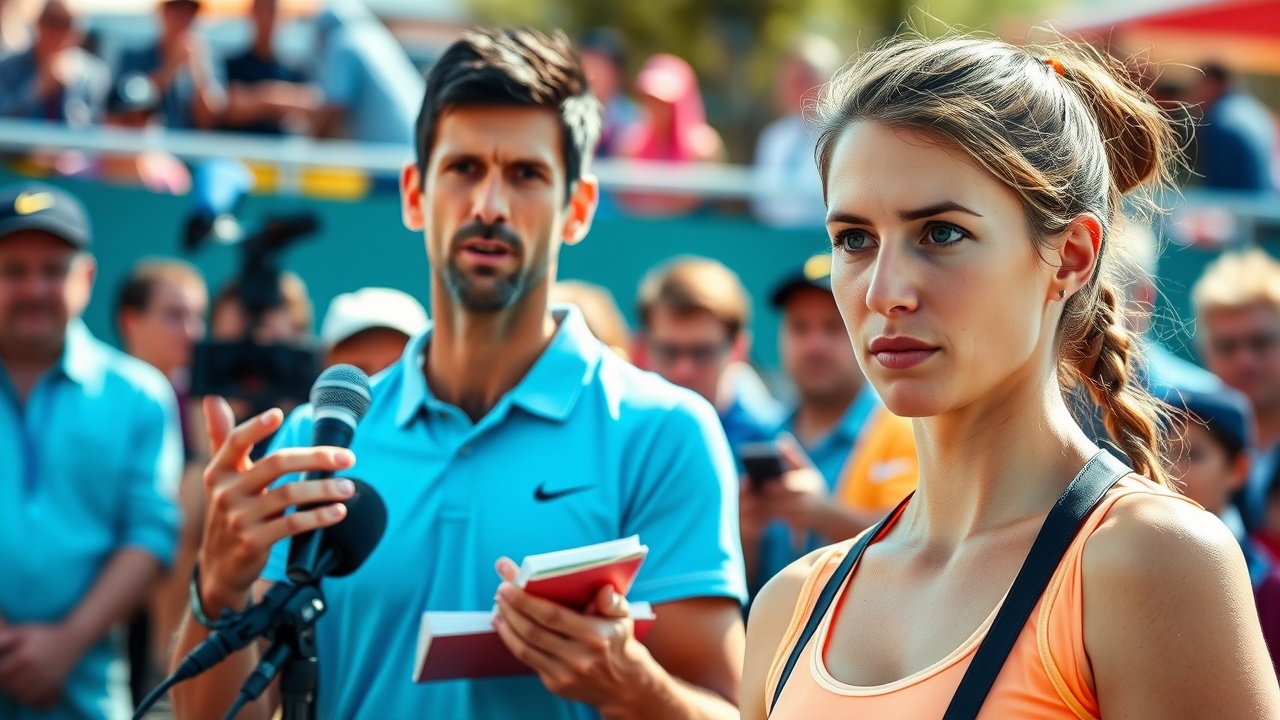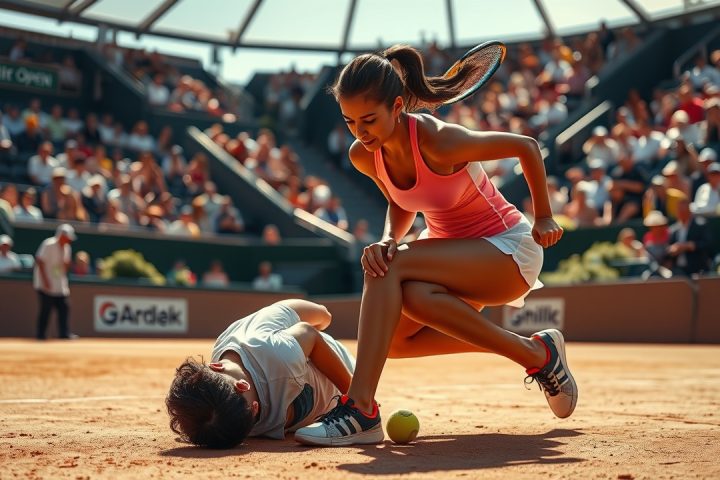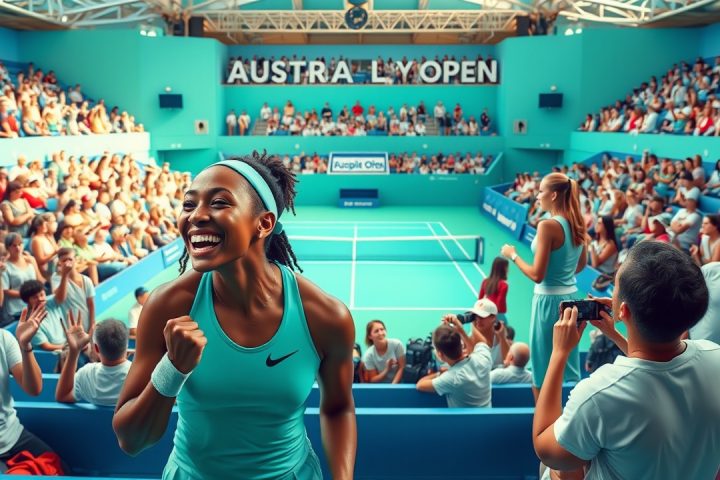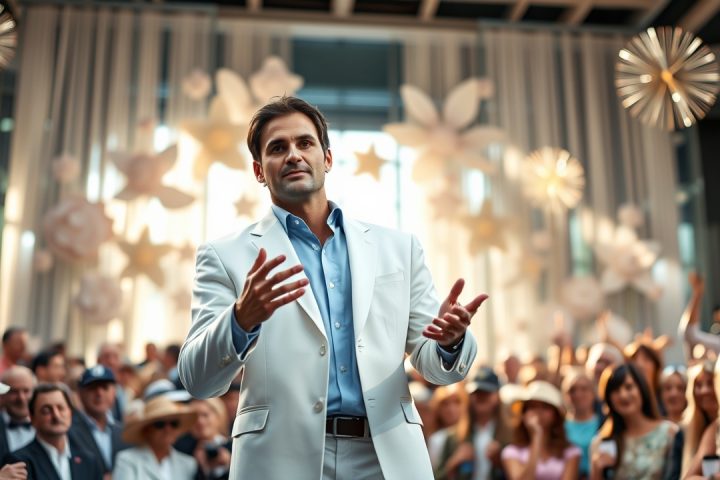Support for Aryna Sabalenka
After a tense moment in the tennis world, Novak Djokovic has stepped up to support Aryna Sabalenka in light of her remarks regarding Coco Gauff. Typically, professional tennis players maintain cordial relationships, much like colleagues in any profession, although occasional rivalries may arise. Djokovic’s backing stems from the understanding that players often share similar emotional journeys, facing victories and defeats alike.
Controversy and Apology
Following her loss to Gauff in the 2025 Roland Garros final, Sabalenka expressed her frustrations, which were interpreted as disrespectful comments about Gauff, the tournament’s champion. Despite the backlash, including a wave of negative messages directed at Sabalenka from Gauff’s supporters, the Belarusian player has since issued an apology. In a positive turn, the two athletes even showcased their camaraderie by participating in a TikTok dance, signaling that they have reconciled.
Djokovic’s Perspective
During a pre-Wimbledon press briefing, Djokovic, who has spent almost 20 years in the spotlight, addressed the situation. Acknowledging the intense emotions that often come after significant losses, he empathized with Sabalenka’s response.
“In the heat of the moment, it’s challenging to maintain composure, especially after a Grand Slam defeat,”
Djokovic remarked, stressing the human aspect of competing in high-stakes matches.
Djokovic further elaborated, stating,
“It’s crucial to recognize the achievements of your opponent, despite the temptation to react emotionally after a tough match.”
Having been in similar situations throughout his illustrious career, he emphasized the importance of showing respect to fellow competitors.
Emotional Management in Sports
Reflecting on his own experiences in finals—both winning and losing—Djokovic has honed the ability to manage intense feelings, recognizing that the sport requires a degree of graciousness, even in disappointment.
“Navigating these emotions is undoubtedly complex, but it’s essential to convey gratitude for being part of the event. After the match is done, it’s okay to release those feelings privately,”
he advised, reinforcing the need for emotional management in competitive sports.




